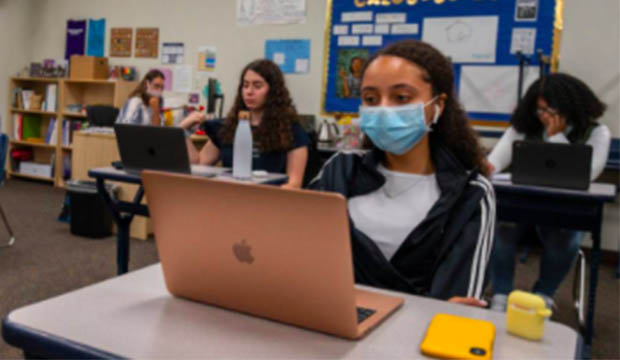|
|
| Thursday, August 19, 2021 |
|
|
|
|
|
|
Greetings,
The first called special session ended on Friday, Aug. 6, without any movement on GOP priorities. As promised, Gov. Greg Abbott called a second special session, which began at noon on Saturday, Aug. 7.
Texas House Democrats continue to hold out on election reform, which will be under consideration in the second special session as well. State leaders announced last week that funding will be provided for Capitol staff salaries for another month, after Gov. Abbott vetoed this funding during the regular session.
The rise in COVID‑19 cases has parents and students on edge about returning to the classroom, with many school systems beginning classes this week. Returning teachers continue to be concerned about new laws surrounding teaching critical race theory. July ended with a substantial increase in the number of jobs, strengthening the U.S. economy.
We will be following legislation at the state and federal levels that pertains to higher education and its impact on UTA. As you receive updates, please let us know if there are any topics you would like to hear more about from Government Relations.
Thank you for your dedication to UTA and Go Mavs!
— UTA Government Relations
|
|
|
|
|
|

|
|
Funding the legislature
GOP leaders say they’ve secured an extra month of funding for Texas Legislature to plug money vetoed by Gov. Abbott.
|
|
|

|
|
Back to school
With school openings near, parents and teachers say state leaders have stripped them of weapons against COVID‑19.
|
|
|
|
|
|
|
|
|
State Department extends National Interest Exceptions for certain travelers
|
|
On Aug. 12, the U.S. Department of State announced an extention of National Interest Exceptions (NIE) for certain travelers from China, Iran, Brazil, South Africa, Schengen Area, United Kingdom, Ireland, and India related to Presidential Proclamations 9984, 9992, 10143, 10199, and subsequent proclamations.
Per the announcement, students on F‑1 and M‑1 visas for academic programs beginning on or after Aug. 1, 2021, do not need to contact an embassy or consulate to seek an individual NIE to travel. Students may enter the U.S. no earlier than 30 days before the start of their program. Additionally, new students who are deemed qualified for an F‑1 or M‑1 visa will automatically be considered for an NIE to travel.
Additionally, an administrator at Brigham Young University has put together a Google spreadsheet with the wait times for student visa appointments at all U.S. embassies and consulates around the world. The spreadsheet is updated every Sunday.
|
|
|
|
|
|
Your input helps UTA
|
|
The University needs the support of its faculty, staff, and alumni to ensure we continue to receive resources to serve our students, conduct research, and expand our programs. For more information on how you can support the University and its legislative goals, contact:
- Jeff Jeter, vice president of Government Relations, at jeter@uta.edu
- Martin Lujan, director of Government Relations, at martin.lujan@uta.edu
- Bogan Pollock, director of Public Policy, at bogan@uta.edu
- Trevor Simmons, senior budget analyst, at trevor.simmons@uta.edu
- Beth Robinson, administrative assistant, at beth.robinson@uta.edu
Follow us on Facebook and Twitter.
|
|
|
|
|
|